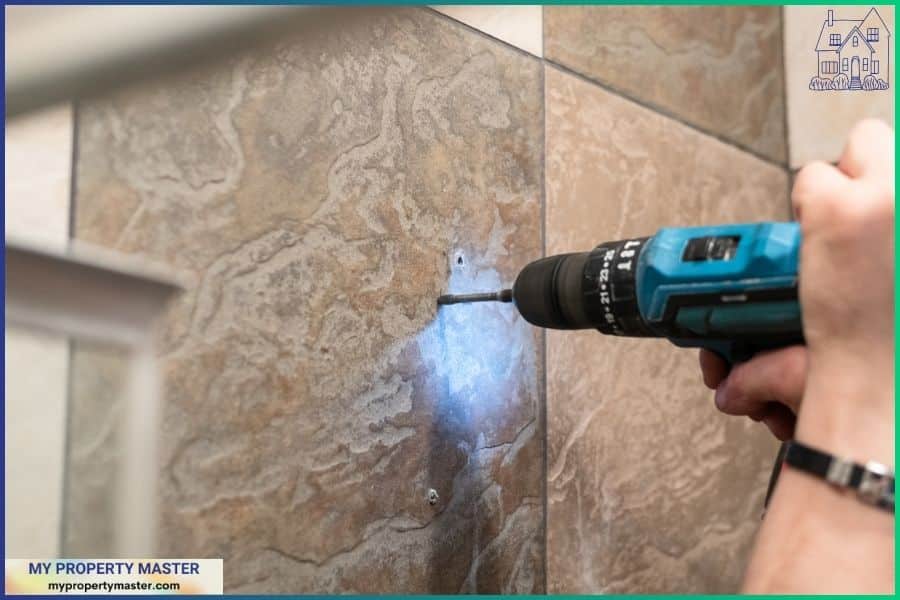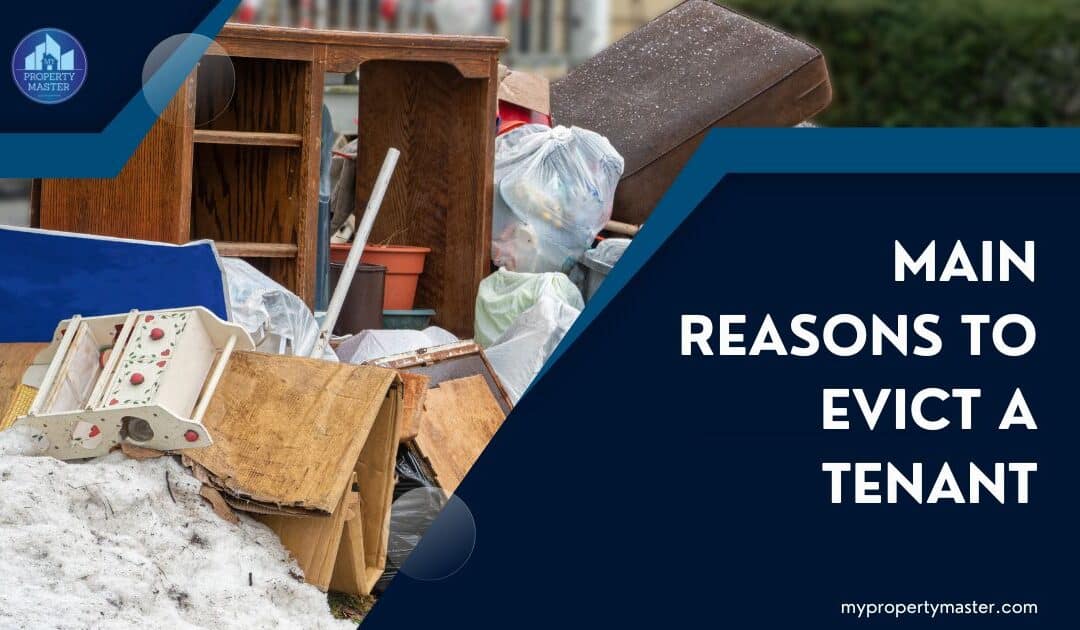Evicting a tenant is a legal process, and property managers or landlords can’t do it without a valid reason. All evictions should go through a legal process. Also, there are some prerequisites before starting the eviction process.
Eviction is terminating a tenant from his/her rental & occupied property.
There are various reasons to evict a tenant. In this article, I will discuss some of the main reasons.
Top reasons for being evicted
Being a property manager since 2009 and working with hundreds of landlords & tenants, I can clearly state that no landlords or property managers want to evict a tenant in the first place. They try to resolve any issues, even short-term financial challenges. You can learn more about these steps that a landlord or property manager typically tries to do before evicting or if the tenants don’t pay rent.
The landlords or property managers go through eviction after trying all possible ways to resolve an issue.
Here are some of the main reasons stated below.
1. Not paying rent on time

This is the first reason for being evicted. If a tenant continuously fails to pay rent on time, it may cause eviction. Most lease agreements mention a last date to pay the rent.
It depends on the lease agreements and the negotiation between the landlord/property manager & the tenant. However, in most cases, tenants have the first week to pay the rent.
After 15 days, there is a huge chance the landlord will send a notice. By repeatedly failing the last date and receiving multiple notices, the landlord or property manager may proceed with eviction.
Related: Why do landlords raise the rent?
2. Exhusted security money

It’s another reason to evict a tenant.
Not every lease agreement is equal. However, in many cases, landlords take a security deposit generally equivalent to the 2/3 month rent.
There are various reasons for taking this security money. One of them is adjusting rent if the tenant fails to pay. If a tenant fails to pay rent for a few months and exhausts the security money, it will cause eviction.
3. Subletting with other people without permission

Your lease agreement is between you and the landlord. It means the landlord permits you and your family to live in his/her rental property.
Many lease agreements generally do not have specifications about the subletting or subleasing. However, if you bring other people to your occupied property, the landlord will not like it even if there is no specification in the agreement.
Subletting increases use of the assets like water, electricity, gas, etc. It can also make it hard to maintain the property. Last but not least, landlords have no profits to bring those extra people to their property.
Once the landlords notice it, they will verbally notify you. They will send you a written notice and go through the eviction process if you don’t hear them.
Related: What to look for in a lease agreement? (to avoid hidden fees and for safety)
4. Doing illegal activities on the property

Tenant screening is a technical aspect. That’s why landlords need professional help from property managers who can handle the screening process and save them from future problems like illegal activities.
When a landlord places a tenant, it may be difficult to suspect. However, suppose a tenant or any of the family members are involved in illegal activities like drug addictions, criminal activities, etc. In that case, the landlords may not have any other way than evicting.
Related: Why do people prefer short-term rental apartments over hotels?
5. Creating noises regularly that irritate neighbors

This may not happen frequently, but if a tenant creates a huge noise, especially regularly and during quiet hours, other renters will face problems. Ultimately, they will complain against the tenant who is causing the issue. Some of the examples could be the following:
- Disruptive parties
- Loud music
- Operating machinery or doing handyman work like carpentry
These are some of the many examples. Any noises that occur regularly or for a long time may cause eviction.
6. Making a significant and intentional damage

Aside from the honest mistakes, some damages are intentional. A few of you may wonder about intentional damages. However, from our practical experience, we see that some people do it for specific reasons, such as if they don’t like the landlord, if they think the rent is higher than expected, etc.
Also, some people don’t need any reasons to damage rental properties. We even found a few tenants who did this kind of damage while they were drunk.
Some of the examples could be the following:
- Punching holes in walls
- Breaking windows
- Graffiti on the wall without the landlord’s permission
- Destroying plumbing, kitchen cabinets, or countertops
- Damaging doors or frames
Whatever the conditions they are at or the reasons, if anyone damages any part of the rental property, the landlord or the property manager will luckily evict that tenant, especially when it appears intentional.
Related: What is a home inspection? (Complete checklist)
7. Violating lease agreements

This is very obvious, and this is why the lease agreement exists. Signing a lease agreement means obeying the terms and conditions. Here are some of the common examples:
- Subletting without the landlord’s permission
- Keeping unauthorized pets
- Using the rental property for illegal activities
- Ignoring parking rules
- Alternet apartment without landlord’s permission
Some landlords allow pets, and some do not. Some landlords have pet specifications. For example, a landlord may allow dogs but may have restrictions about certain breeds like German Shepherd.
These are some of the examples. Violating any terms and conditions may result in evicting tenants.
Related: What to look for in a lease agreement?
Wrap up
There are many reasons for evicting a tenant. These are the topmost reasons based on my working experience as a property manager since 2009.
As mentioned at the very beginning, eviction is a legal process. A landlord has to send a written notice at least 30 days before the eviction process starts.
Aside from the landlord, a property manager also can evict a tenant for a valid reason.






